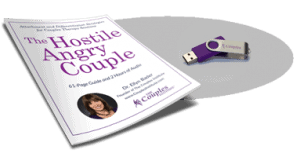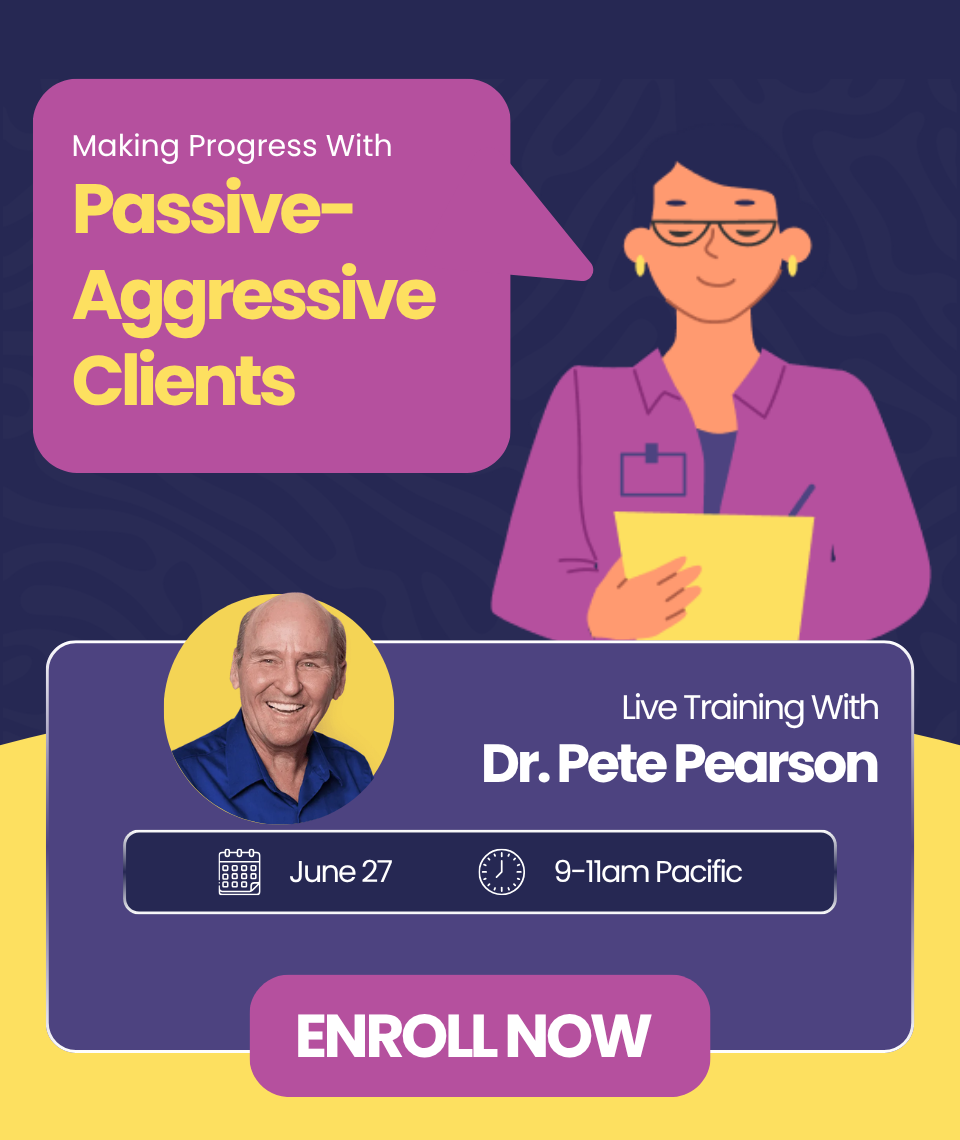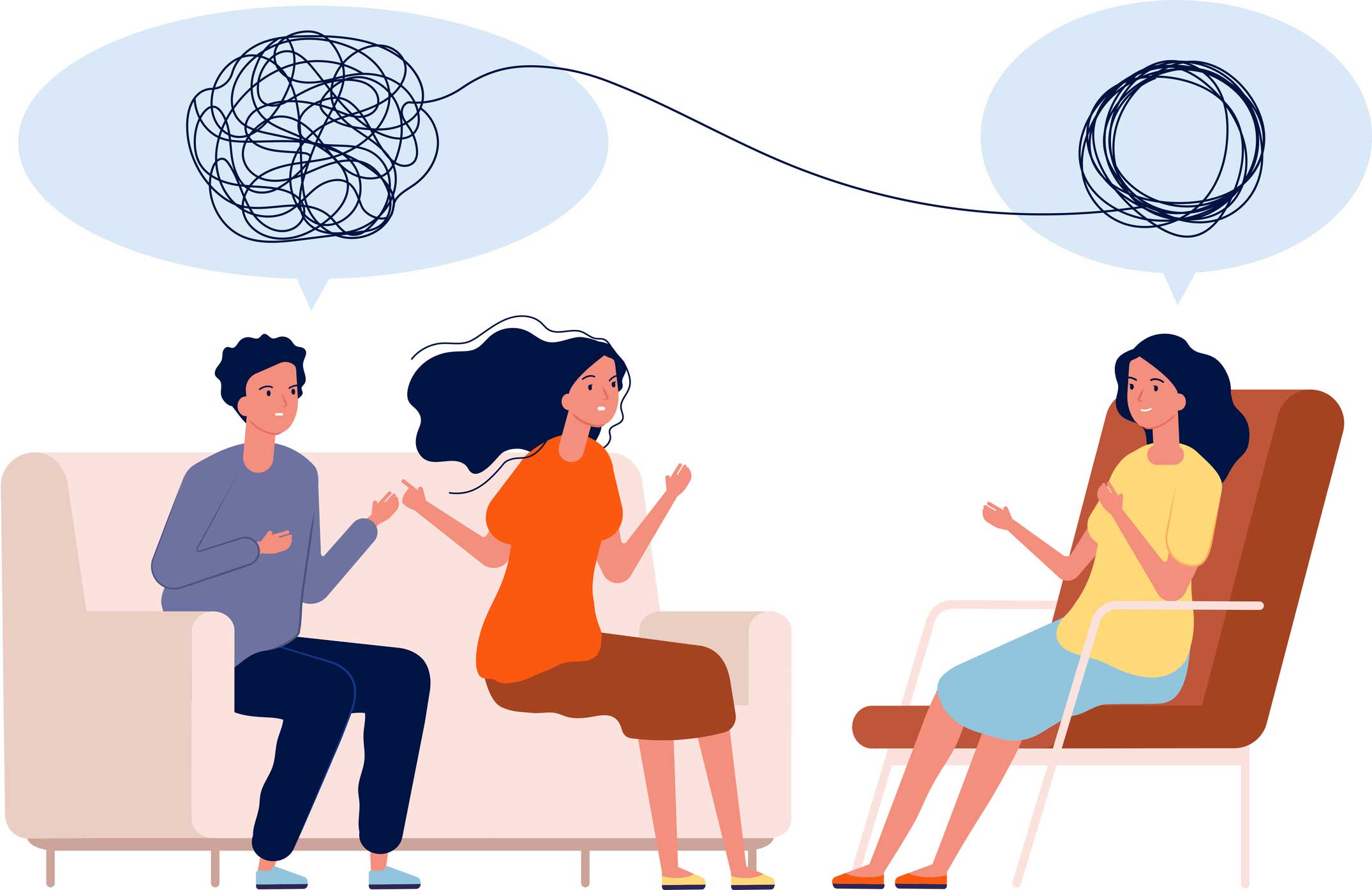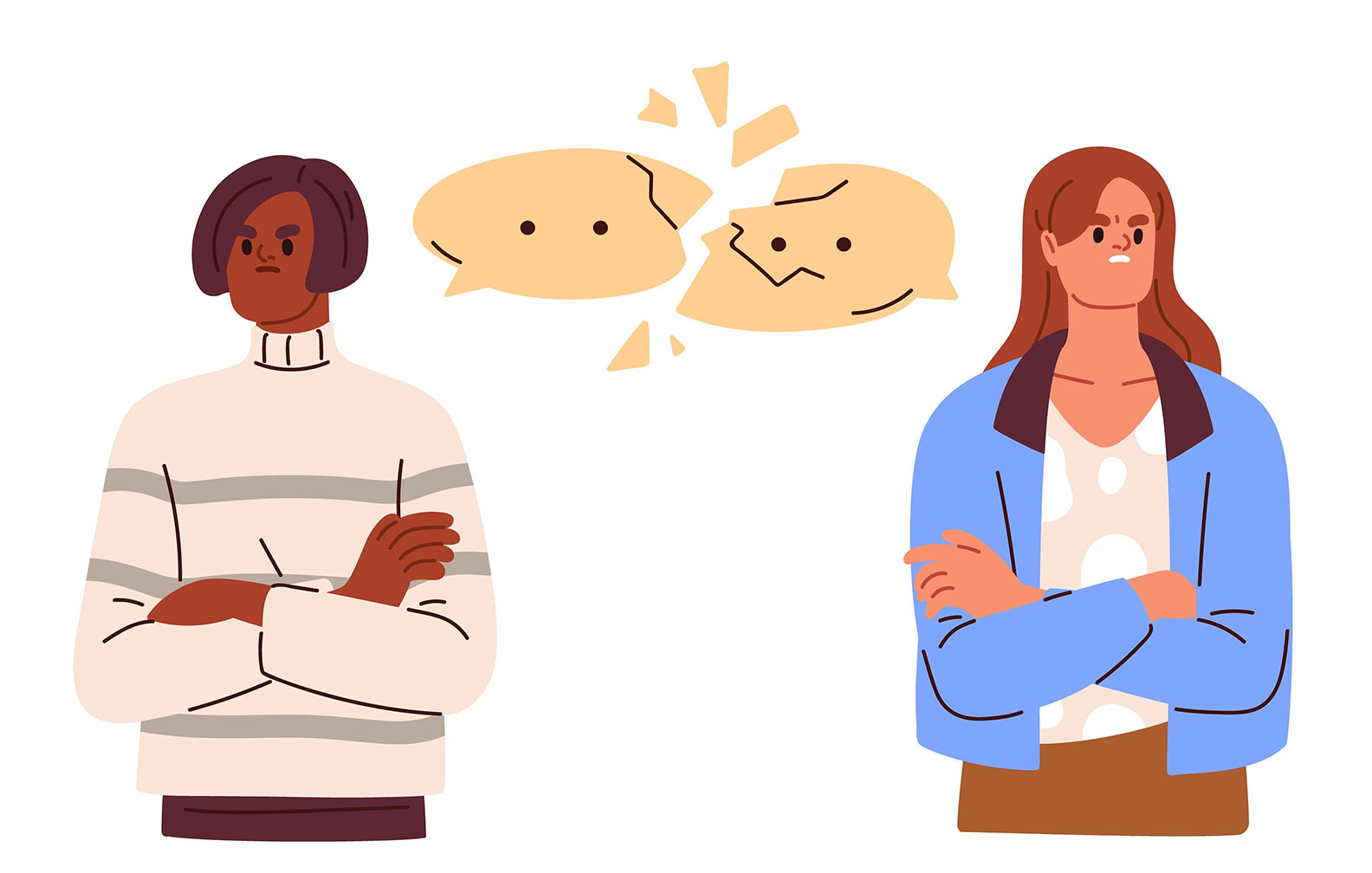Anxiety, anger, and jealousy are emotions I see often in many of the couples I have worked with over the years, and I’m sure it’s no different in your practice. Untangling the roots of these feelings and helping couples adopt strategies to deal with them becomes a central challenge for you.
Recently my therapists’ online training group discussed a case where insecurity, jealousy, and conflict were quickly taking over a young couple’s relationship.
Partners Jane and Bob had a history of feeling rejected and unloved. Life had handed them interlocking scripts, but each partner dealt with these feelings in a unique way.
Jane tended to act against herself, going back to self-harming habits she thought she’d broken for good. Bob’s insecurities flared into jealous bouts of anger when he sensed Jane wasn’t paying enough attention to him.
Listening and empathy as an essential first step
The therapist had helped Jane and Bob develop a practice of empathetic listening so each could learn what the other was feeling, especially when worry and anxiety spun into open conflict.
Bob reported that when Jane listened to him, he felt calmer right away. He felt Jane’s willingness to hear him out was the key to managing angry, jealous feelings that often overtook him.
In one session, Jane felt courageous enough to disagree.
Sometimes, she said, Bob demanded remorse for things she’d done that triggered his anxious feelings. “And if I don’t say I’m sorry over and over again, he punishes me,” she explained.
Bob reacted angrily to Jane’s statement, and for a few moments, it seemed the couple had reached an impasse.
Whose job is it to manage a partner’s anxiety?
The therapist challenged Bob to think about his responsibility in the situation. If his healing depended entirely on Jane, the burden might be too great for her.
“Jane’s listening may help you for a few moments, Bob, but it may not be serving you,” she said.
She explained that, while empathy and understanding are necessary in all close relationships, one partner’s listening can’t magically erase a lifetime of pain for the other.
Instead of expecting Jane to be his only resource, Bob would benefit from recognizing his power to heal old wounds that sparked new anxieties.
“Unfair as it might seem, the job of healing our childhood hurts always ends up in our own hands,” the therapist said. “Jane’s listening and her apologies can’t possibly make up for everything that happened to you over the years.”
The therapist encouraged Bob to come up with ways he could reach inside himself to soothe his own anxiety when he was feeling threatened and jealous. He was able to come up with two or three strategies, including coming in for individual sessions with her.
The conversation was helpful for Jane, too. She’d been feeling helpless when her caring and attention didn’t seem to resolve things for Bob. Now she could release the guilt she was feeling and step back a bit, trusting Bob to manage his own emotions.
Have you found ways to help clients assume the full measure of their responsibility for anxiety and conflict in their marriage? Please share your thoughts in the comments section.
And if you are interested in learning more about working with angry partners, I recommend our resource, The Hostile Angry Couple. Click here for more information or to order this collection of two one-hour teleseminars in audio and print format, along with the slides and handouts that accompanied the original, live sessions.
[feature_box style=”19″ title=”Consider This” alignment=”center”] If you are interested in learning more about working with angry partners, I recommend our resource, The Hostile Angry Couple. Click here for more information or to order this collection.
If you are interested in learning more about working with angry partners, I recommend our resource, The Hostile Angry Couple. Click here for more information or to order this collection.
Ready to learn more?
If you’d like more insights that can help you work with even the toughest couples, consider our comprehensive training in the Developmental Model. This powerful framework can help you diagnose what couples really need — including the issues they’re NOT sharing with you — so you can tailor your interventions to exactly what’s needed in the moment. Training is now full, but by joining our waiting list, you’ll be first in line for our next session. Enrollment opens in late January, so put your name on the list now!


 We respect your privacy.
We respect your privacy.




Thank you for sharing this; nice how therapist clarified that one partner can’t be expected to fix a lifetime of pain the other is experiencing from way before they became a couple.
It is true that it is not a partner’s responsibility to manage the other’s anxiety, happiness, well being etc… However, in order to go forward in the relationship both partners have to take responsibility for their role in the conflict/malaise and unfortunately more often than not there is one who is not ready to recognise this and prefers to blame the other openly or not. So my question is how do you manage to guide someone who is not ready to take responsibility for their own issues? me i havent found a way yet i’d be very grateful for insights in this matter
Thank so much Ellyn. This reminds me of a case I had and it is very reassuring to hear what the therapist did. I can relate.